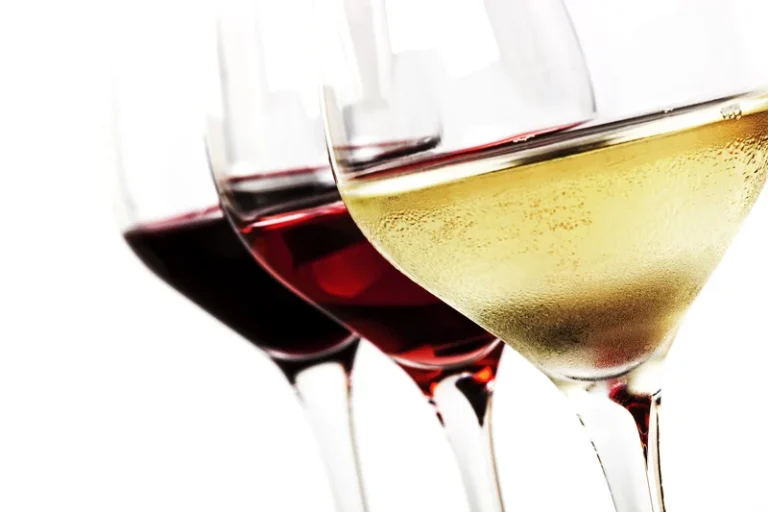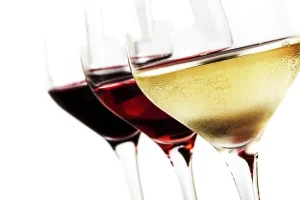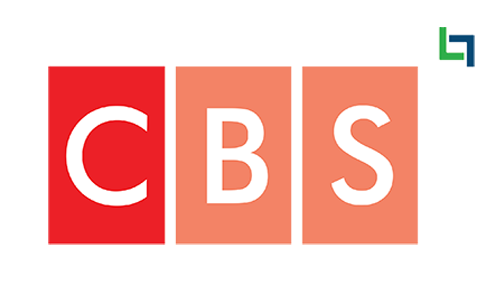
The only way to treat this syndrome is to treat the underlying condition while restricting diet. Those will be treated first if you have other diseases while your diet will be restricted. When you no longer experience any symptoms, the carbohydrates will slowly be reintroduced into your diet. This syndrome is usually a complication of another disease, imbalance, or infection in the body. The good news is you can’t be born with this syndrome, but you may be born with or get another condition that triggers this rare syndrome. Understanding how carbohydrates are converted into alcohol isn’t enough.
Stage 5: Stupor
It’s not always easy to open up about alcohol use and recovery, especially to people who don’t have any experience with it, but it’s a crucial part of the process. This is beneficial, both for those struggling with mental illness, and those who are in addiction recovery. Holistic care focuses on the natural part of life and healing the whole self. There is certainly a benefit in becoming your truest self, coming to know yourself more, and being more aware of the present moment. A lot of holistic care involved in meditation yoga, nature walks, and so on.
How to Sidestep the Trap of News Addiction

I would soon learn that having this type of dream also added to the evidence that I was an alcoholic. Further evidence, as if I needed it, that I had a drinking problem. This would help me later in my recovery accept that I cannot drink alcohol. I was naive early in my recovery and wasn’t sure that long-term recovery was possible. At times, I would put together a few weeks or months before having a relapse. Before my first intense drunk dream, I felt pretty good about putting together a few weeks.
How Do I Know if I’m a Dry Drunk?
- By exploring these alternatives, individuals can confidently navigate social situations and maintain their commitment to a sober life.
- He had a fatty liver which was the cause of triggering his auto brewery syndrome.
- In other words, someone who’s sober might still “act drunk” or deal with the same issues that led them to quit drinking in the first place.
- Non-alcoholic drinks are a great way to join in the festivities without compromising your well-being.
- One of the most significant debates among recovering alcoholics is whether to practice complete abstinence or attempt moderate drinking after being sober.
Therefore, it is not recommended to have even one drink while in recovery. In the beginning of your recovery, you have to be mindful of what you interact with. It’s important to accept that there is no normal that is better or worse.
- In the case of alcohol, intoxication can lead to alcohol poisoning, increase the risk of vehicle accidents, and can increase a person’s risk for conditions such as cancer and cardiovascular problems.
- This slippery slope can make it extremely difficult for individuals to maintain control over their drinking habits, even if they initially intended to practice casual drinking.
- In such cases, the liver can’t clear out alcohol fast enough.
- Those who suffer from this syndrome wish to know why they suffer from it.
- Our compassionate counselors are standing by to answer any questions you may have.
- Exercise can help to reduce stress and anxiety, while rest can help to restore energy and focus.
What is it called when you drink again after being sober?

Ethanol (ethyl alcohol) is the intoxicating substance in wine, beer, and liquor. feeling intoxicated while sober Ethanol is responsible for intoxication because it has a depressive impact on parts of the brain. As more alcohol is ingested, the ethanol takes greater effect, causing impairments in progressive order. Intoxication can range from mild to severe, depending on the amount consumed, speed of ingestion, metabolism, body weight, substance, and other factors.


Sobriety is a long, ongoing process, but help, support, and treatment can make it easier. Certain medical conditions, especially those that affect kidney or liver function, can affect how quickly alcohol is metabolized and how it affects you. Just because you can “hold your drink” and don’t feel intoxicated doesn’t mean that you’re not. Drinking regularly overtime can lead to developing a tolerance to alcohol. This means that your body adapts to having alcohol, so you need more to feel the same effects that you did before.
Based on this definition, the symptoms of “dry drunk syndrome” may constitute a relapse, even if the person doesn’t drink. Another way you can help a loved one would be to encourage them to seek family therapy. Did you know that many are referring to addiction as a family disease? This is because addiction affects the whole family, never the individual. It can be confusing to figure out how to help our loved ones.
Having food in your stomach slows absorption, while drinking on an empty stomach has the opposite effect. The faster alcohol is absorbed into your bloodstream, the higher your BAC, and the longer it’ll take to sober up — especially if you keep drinking. BAC is the amount of alcohol in your blood compared to the amount of water in your blood. In the United States, you’re considered legally drunk if you have a blood alcohol concentration of .08 grams per deciliter (dL). Scaling these risky BAC thresholds is not as difficult as some might think. Because it takes time for alcohol to have an effect on the body, consuming the large amounts required to reach these BAC levels can occur while the person is still reasonably sober.
If you experience intoxication regularly, it may be a sign that you have an alcohol use disorder or substance use disorder. Notably, the signs of intoxication don’t always correlate with BAC levels. Some people may not feel or act intoxicated because of their tolerance levels, but they will still have BAC levels over the legal limit. Diagnosing intoxication often involves observation, a physical exam, and verification of events by others. Breath and blood tests measure the levels of alcohol and other substances in the body. Intoxication is a state that occurs when the affected person has consumed enough alcohol or drugs to alter their mood and abilities.


